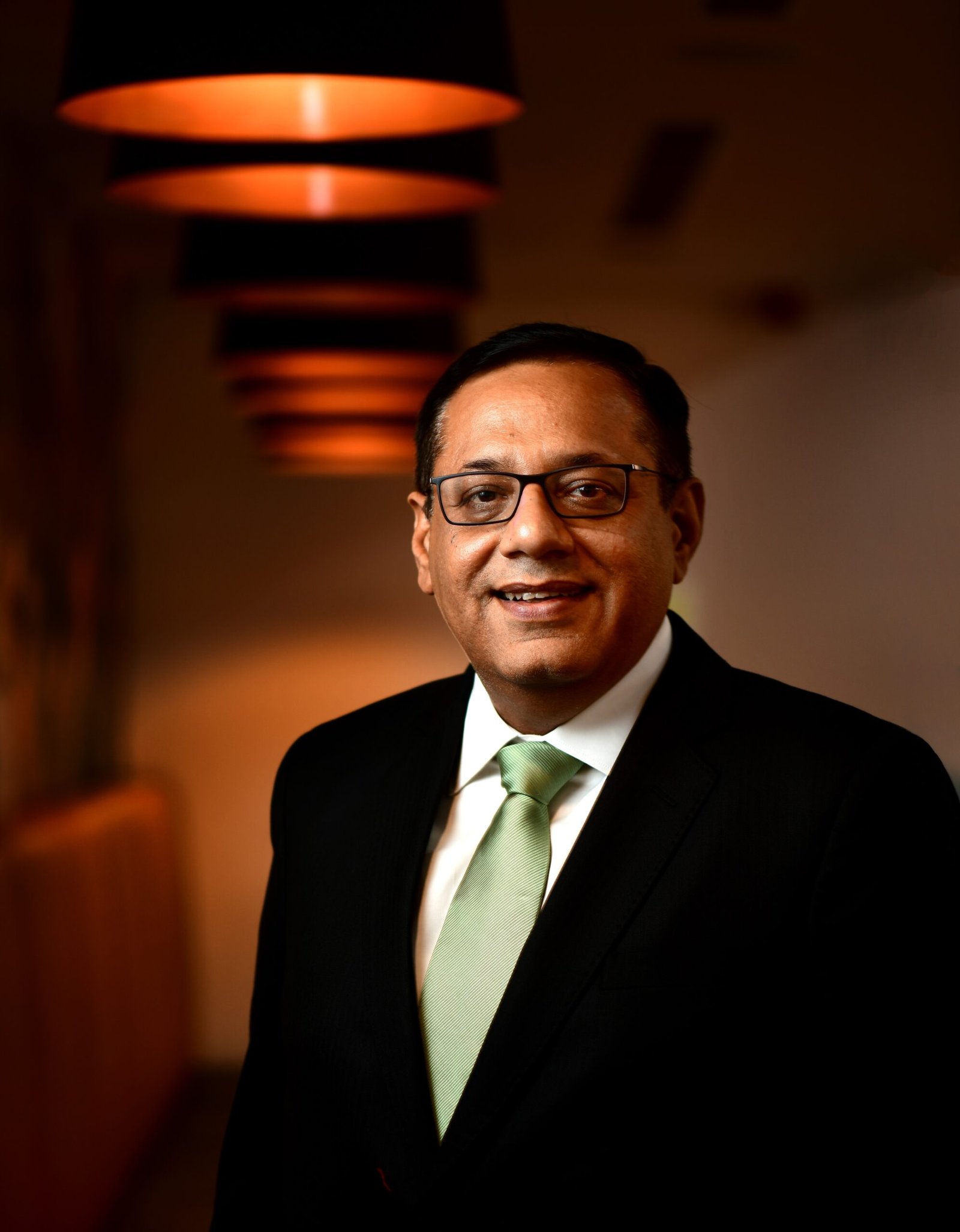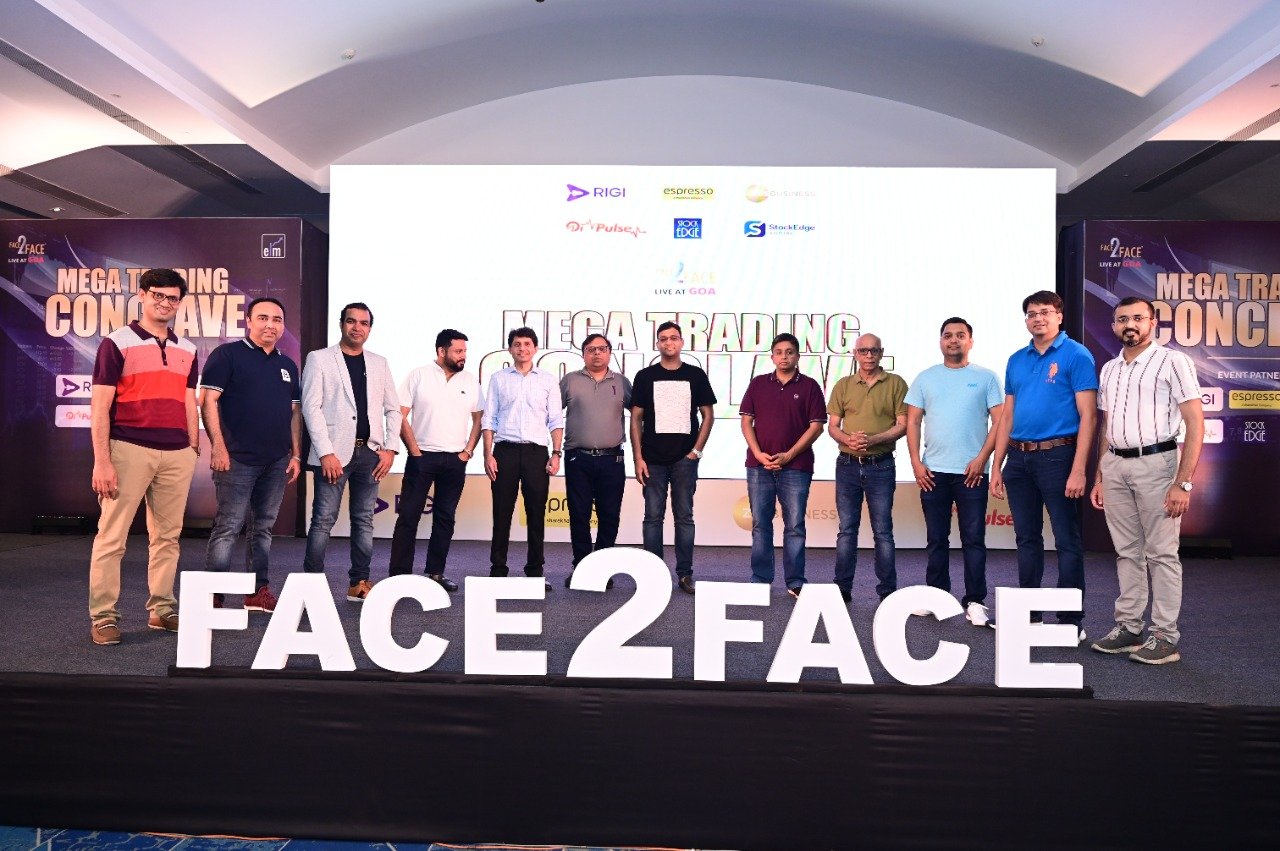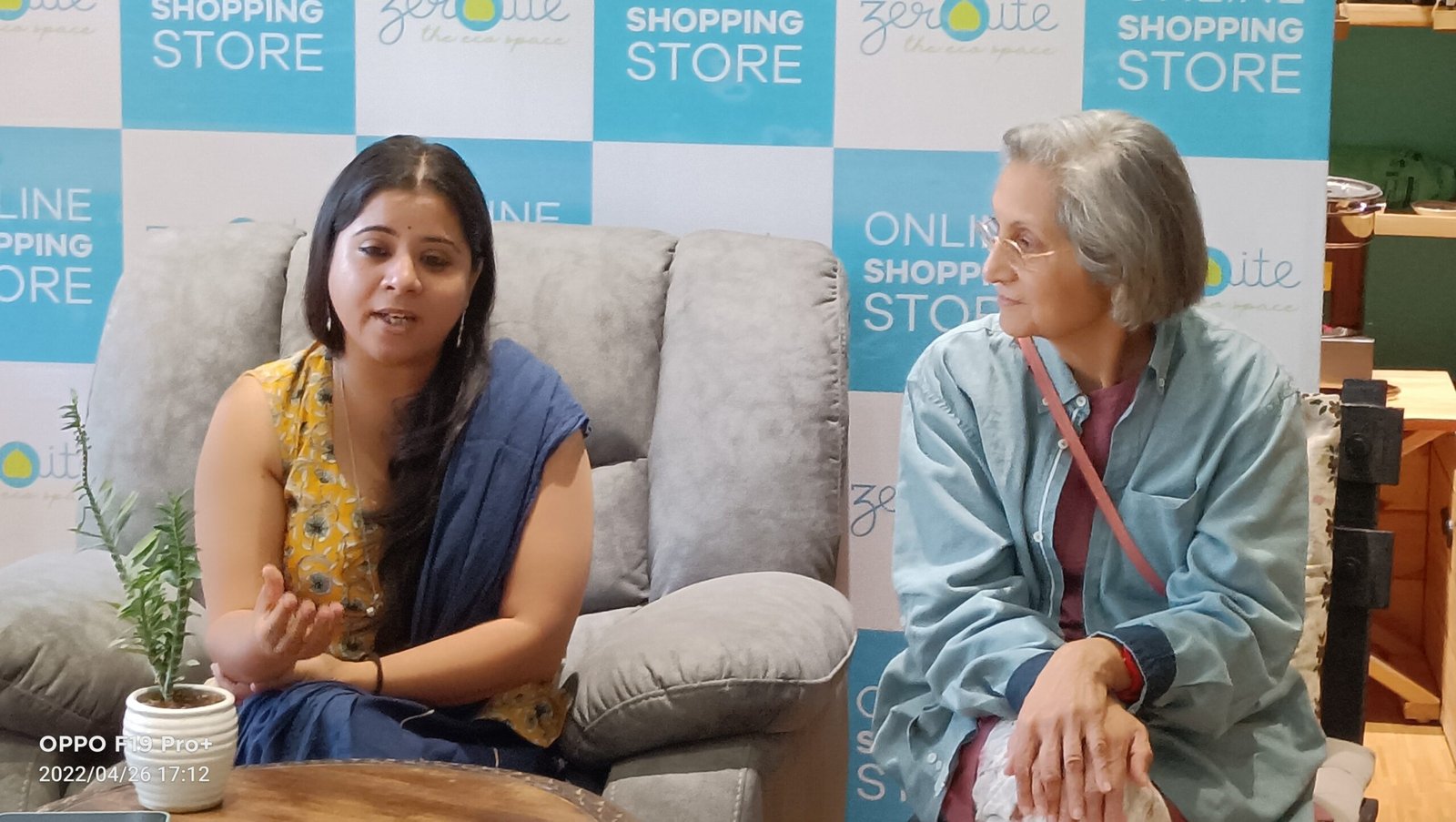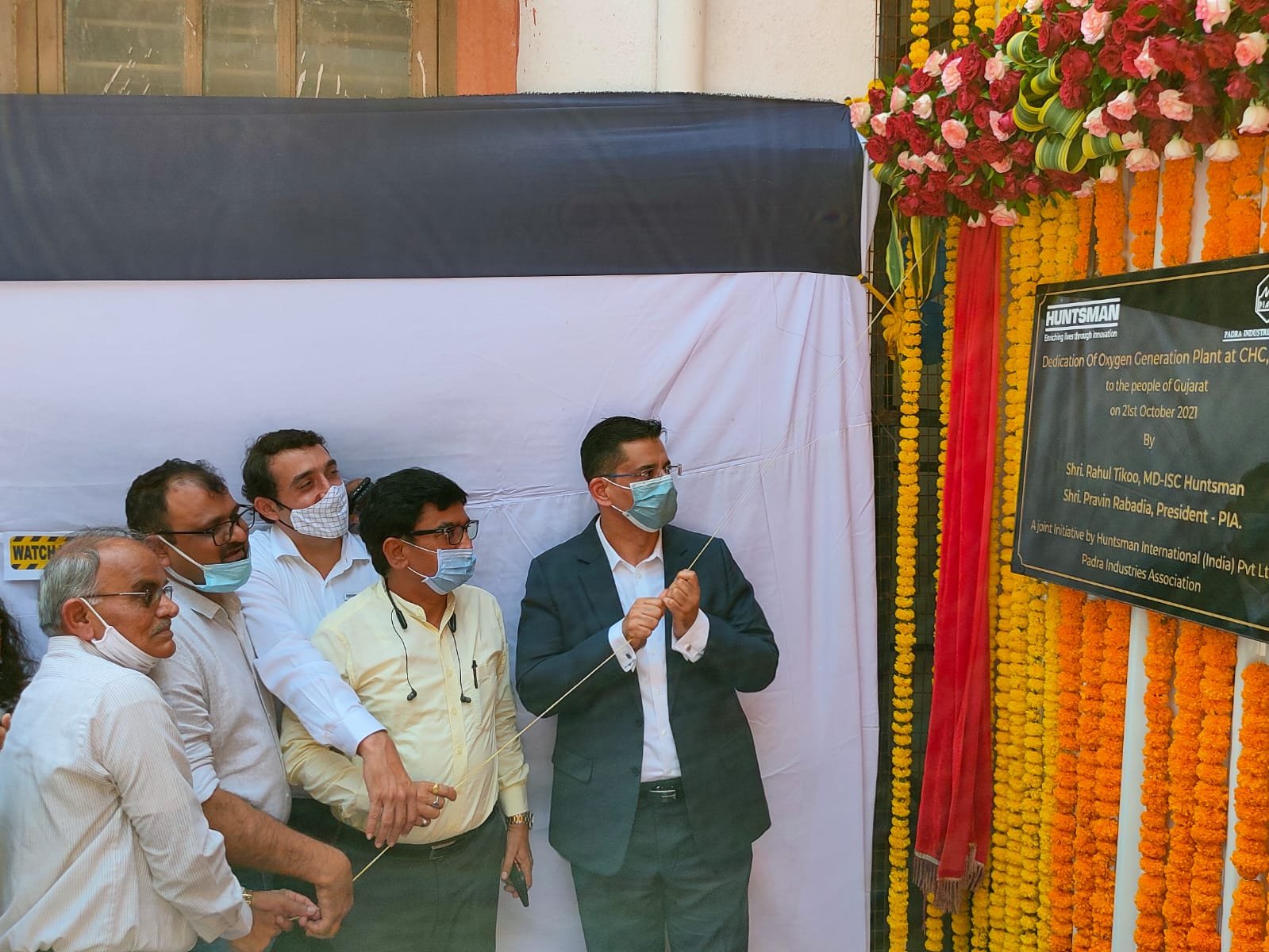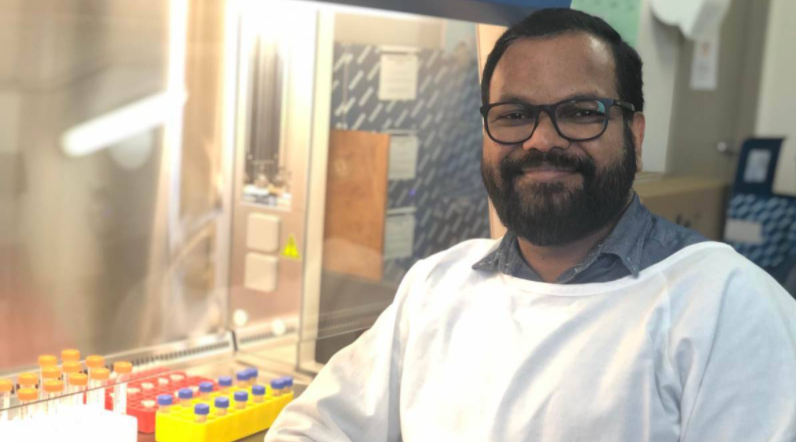Kerala-born scientist tests sewage in Sydney to map Covid spread
All day in his lab, Sudhi Payyappat leads a team of 20 in carefully examining dozens of sewage samples collected from wastewater treatment plants across New South Wales (NSW) state in Australia. It’s certainly not the most appealing job in the world, but the results he churns out on a daily basis hold significant ramifications: they help millions across Australia in steering clear of the coronavirus.
A methodology developed by Payyappat, a Kerala-born microbiologist settled in Sydney, in March last year has been adopted across Australia for its testing of waste-water to locate fragments of SARS-CoV-2 and thus detect hidden cases within the broader community. His methodology is founded on the premise that a person infected with coronavirus will start ‘shedding’ the virus within three-four days through his faeces. The ‘shedding’ can also occur while coughing, showering, sneezing or brushing one’s teeth. Such virus fragments, travelling through toilets and sewer pipes, end up in sewage treatment plants. Samples taken from the sewage treatment plants subjected to intensive testing in labs can help the local health departments in detecting the presence of the infection within a community even before a person with symptoms shows up.
“I was really surprised by the sensitivity of this method. If one person is shedding the virus in a catchment of a 20,000-30,000 population, we will be able to pick it (virus) up in the treatment plant. It has a huge economic potential as it is equivalent to monitoring that many people. It has helped in containing the spread of the infection,” said 50-year-old Payyappat, who has been working as a technical specialist with Sydney Water, a government-owned statutory corporation, for the past 20 years.



